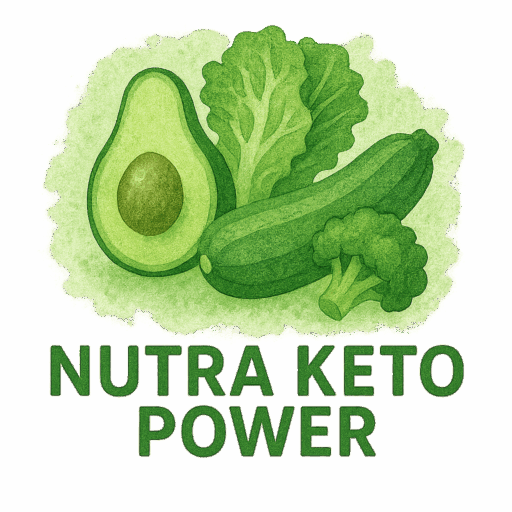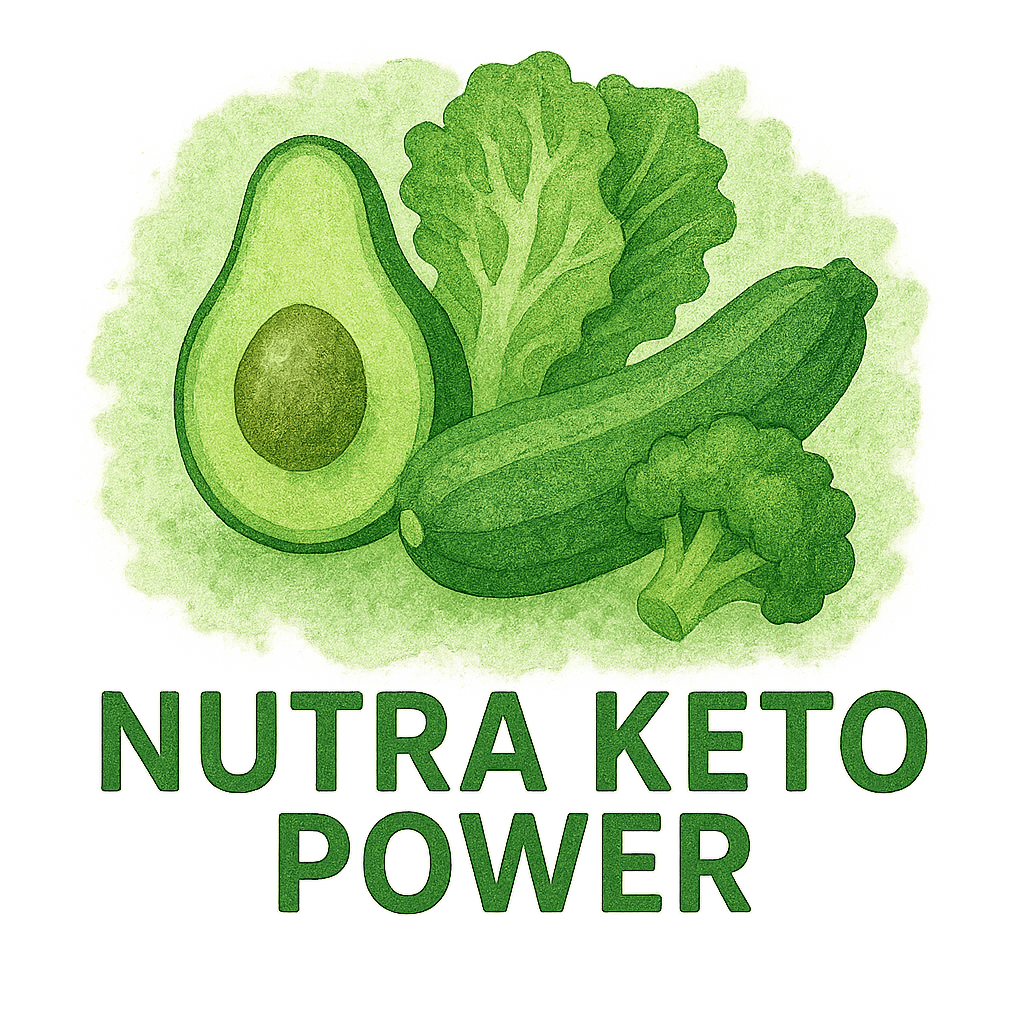Introduction: Why Stress Matters on Keto
Starting a ketogenic lifestyle can feel like diving into a brand-new world. You’re counting carbs, tracking macros, experimenting with recipes, and maybe even explaining keto to skeptical friends. But here’s the twist: stress can quietly sabotage all your hard work. That’s why learning stress management tips isn’t just helpful—it’s essential if you want real keto transformations that last.
When your mind is stressed, your body resists change. And in keto, where balance and adaptation matter, stress can be the silent dealbreaker.
The Link Between Stress and Keto Success
How Cortisol Impacts Ketosis
Cortisol, your body’s main stress hormone, spikes when you’re anxious or overworked. High cortisol can raise blood sugar, which directly interferes with staying in ketosis. Think of it as your body trying to “rescue” you with quick energy, but in reality, it’s pulling you out of fat-burning mode.
Stress and Emotional Eating on Keto
Ever noticed how stress makes you crave carbs? That’s because stress messes with your brain’s reward system. Suddenly, bread, pasta, or sweets look like the ultimate comfort food—even when you’ve been sticking to your keto lifestyle.
The Science of Stress and Fat-Burning
Stress doesn’t just affect your cravings; it affects how your body burns fat. Chronic stress slows down metabolism, reduces fat adaptation, and increases inflammation. In short, it can block your path to real keto results.
Stress Management Tips for Real Keto Transformations
1. Practice Mindful Eating on Keto
Slowing Down Your Meals
When you rush through meals, your body doesn’t fully process hunger or satisfaction signals. Slow down, chew more, and appreciate your keto recipes.
Listening to Hunger Cues
Instead of eating out of stress, ask yourself: Am I hungry, or just tense? This simple pause can save you from unnecessary carb binges.
2. Create a Relaxing Morning Routine
Morning Habits That Reduce Stress
Skip the doomscrolling. Try journaling, light stretching, or sipping a warm bulletproof coffee instead.
Setting the Tone for Keto Success
Your morning sets the mood for your day. A calm, intentional start helps keep cravings and stress in check.
3. Optimize Your Sleep Quality
Why Sleep Matters for Ketosis
Sleep deprivation raises cortisol and reduces your ability to stay in fat-burning mode. Without good sleep, even the best keto plan struggles.
Simple Sleep Hacks for Keto Transformation
Stick to a bedtime routine, limit screens, and try magnesium-rich keto supplements for deeper rest.

4. Stay Hydrated and Balance Electrolytes
Hydration’s Role in Stress Control
Dehydration triggers fatigue and irritability, which amplifies stress. Drinking enough water keeps your brain and body calmer.
Keto Electrolytes for Mental Calm
Electrolytes like sodium, potassium, and magnesium are vital on keto. Without them, you’ll feel anxious, foggy, and drained.
5. Incorporate Gentle Movement and Exercise
Yoga, Walking, and Stretching
Not every workout has to be intense. Gentle movement lowers stress while supporting fat loss.
Exercise Without Spiking Cortisol
Too much high-intensity training can backfire. Mix in low-impact exercise to avoid stress overload.
6. Use Breathwork and Meditation
Breathing Techniques for Stress Relief
A simple 4-7-8 breathing technique can lower your heart rate and calm your nervous system in minutes.
How Meditation Supports Keto Progress
Meditation helps you gain control over cravings and reduces the urge to stress-snack.
7. Supplement Smartly for Stress and Keto
Adaptogens for Stress Balance
Herbs like ashwagandha and rhodiola can regulate stress hormones naturally.
Keto Supplements for Energy and Calm
Quality keto supplements can help replenish nutrients, stabilize energy, and improve resilience.
8. Build a Supportive Keto Community
Why Accountability Reduces Stress
When you share your goals, recipes, and struggles with others, the journey feels less lonely and overwhelming.
Sharing Recipes, Wins, and Struggles
Communities—online or offline—help you discover new keto benefits and strategies for lasting change.
9. Practice Gratitude and Journaling
Writing to Release Stress
Journaling lets you unload worries and track progress. It’s like giving your brain a reset button.
Shifting Mindset for Keto Success
Gratitude helps reframe challenges. Instead of focusing on what you can’t eat, you celebrate the benefits of what keto brings.
Lifestyle Habits That Amplify Keto Transformations
Setting Boundaries with Work and Technology
Too much screen time equals more stress. Disconnecting after hours protects your mental space.
Creating a Balanced Keto Lifestyle
Balance means more than macros—it’s about sleep, relationships, movement, and daily routines. See keto lifestyle tips for ideas.
Common Mistakes People Make with Stress on Keto
Ignoring Mental Health While Focusing on Food
Keto isn’t just about what’s on your plate. Neglecting mental health can undo physical progress.
Over-Exercising and Burnout
More workouts don’t always mean better results. Rest days are essential for transformation.
Long-Term Benefits of Stress Management on Keto
Weight Loss and Fat Adaptation
When stress is under control, your body naturally adapts to burning fat for fuel—making keto for weight loss more effective.
Improved Mental Clarity and Energy
Less stress means more focus, motivation, and consistent energy throughout the day.
Conclusion: Stress Less, Transform More
Keto is powerful, but stress can make or break your transformation. By adding mindful habits, community, supplements, and lifestyle changes, you can unlock real keto success. Remember: managing stress isn’t just about feeling calmer—it’s the secret weapon for burning fat, gaining clarity, and achieving your keto goals.
FAQs
1. Can stress kick me out of ketosis?
Yes, high cortisol can increase blood sugar and potentially kick you out of ketosis.
2. What’s the best stress management tip for keto beginners?
Start with mindful eating and good sleep. They’re simple yet powerful.
3. How much sleep do I need on keto to manage stress?
Aim for 7–9 hours per night to balance hormones and support fat-burning.
4. Do supplements really help reduce stress on keto?
Yes, keto supplements with magnesium, electrolytes, or adaptogens can support calm and energy.
5. Can exercise relieve stress without hurting keto progress?
Absolutely. Low-impact workouts like yoga and walking help without spiking cortisol.
6. How do I stay motivated when stress hits hard?
Lean on your keto community, journal your wins, and remind yourself why you started.
7. What’s the fastest way to calm down during keto adaptation?
Breathing exercises, hydration, and quick journaling can instantly lower stress.


